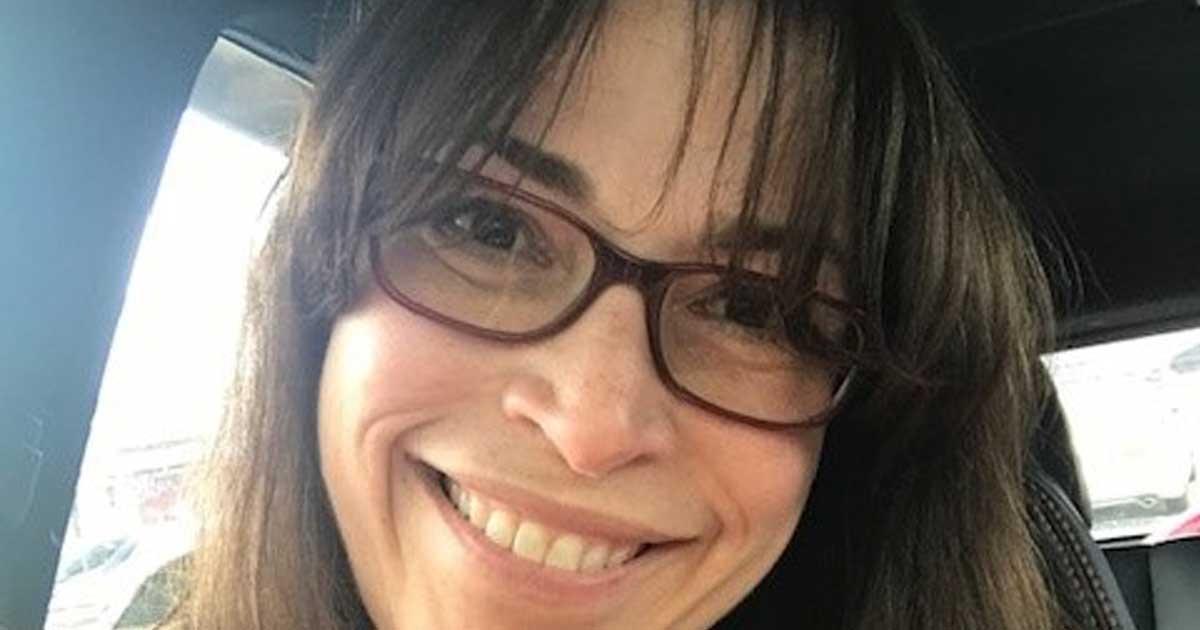Wanda Castro-Borrero: Carrying on Legacy of Care
Growing up in Puerto Rico, Wanda Castro-Borrero came from a family of modest means and saw what unmet medical need looks like. Her childhood experiences sparked a passion to help others.
“I am a very proud Puerto Rican – not only of my heritage, language and culture but also my humble roots,” she says. “We were technically poor, but my twin and I never knew that, as we always had food on the table, even if, sometimes, it was white rice and ketchup. I didn’t have a pediatrician, but we did have Dr. Rivera Aulet, our community doctor.”
Wanda credits Dr. Rivera Aulet for inspiring her to become a doctor and help others.
“I remember my mother telling me the story that when his son fell sick, Dr. Rivera Aulet prayed for him to get better, promising that if God saved his life, he would charge all his future patients only $2 a visit.”
His son survived, and Dr. Rivera Aulet made good on that promise. He sometimes treated patients in exchange for eggs, plantains, yuca or chickens if they didn’t have any cash to spare.
Paying it forward
She went to medical school to become a neurologist and practiced for seven years in Texas and Connecticut. It was during her time as a practicing physician that she saw firsthand the challenges faced by racial and ethnic minorities when receiving care, especially those with limited English proficiency.
“I understood very quickly that it was not the same for everybody, and we have to do better,” she says.
Wanda joined Biogen in 2014 to do just that. In 2017, part of her job was to improve multiple sclerosis (MS) patient outcomes for those who’ve historically faced barriers to accessing quality care. Biogen’s Corporate Health Equity Initiative was an outgrowth of this work.
Now, as Global Medical Head for the MS Franchise, Interferons and Fampyra, Wanda has an opportunity to drive health equity gains on an even larger scale in order to help tackle the disparate impact of MS on different populations.
“Women are three times more likely than men to be diagnosed with MS,” Wanda said. What’s more, data shows the prevalence, progression and treatment response of MS in minority groups are cause for concern. “African Americans appear to suffer a quicker progression of the disease with a blunted response to disease-modifying therapies, while Hispanic Americans of Caribbean descent are often diagnosed at a younger age and have greater mobility impairment… African Americans who served in the Gulf War outpace all other ethnic and racial counterparts, and nonwhite minorities living in the United States have an increased incidence compared to residents of their ancestral countries, indicating that environment plays a nondiscriminatory role in MS onset.”1,2
Disparities in treatment for the LGBTQ+ community
Wanda also has been advocating for treatment gains within the LGBTQ+ community.
“More than two-thirds of older adults identifying as LGBTQ+ have experienced discrimination in health, aging and disability services, resulting in higher rates of depression and anxiety. Additionally, a phone survey conducted by the U.S. Centers for Disease Control and Prevention (CDC) with state health departments showed differences in health insurance coverage and access to care for individuals in same-sex relationships.”4,5
Wanda notes that harsh treatment “due to sexual orientation or gender identity, if not flat-out refusal of care, is compounded by cultural insensitivities; inadequate training for special healthcare needs, such as reproductive services, hormone therapies, puberty blockers, gender-affirming surgeries, and HIV pre-exposure prophylaxis; and a substantial paucity of research data concerning sexual and gender minorities.”4,5
Clinical trials and tribulations
But health equity is more than patients gaining access to treatments that are available. For Wanda, it’s also about more inclusive clinical trial enrollment in order to make sure therapies are effective on people of all backgrounds. She considers this work to be part of the biopharma industry’s responsibility to reduce healthcare disparities but stresses that to convince more diverse populations to participate in – and benefit from – clinical trials, we must address legacies of mistrust, language barriers and unconscious bias in the medical community.
She says conducting clinical studies that more accurately reflect the prevalence of diseases on different groups could potentially impact people of every background.
Wanda recognizes that there is no “easy fix,” and that meaningful change will come by addressing these issues holistically. It includes educating medical professionals, helping shift perceptions, tackling healthcare systems and ensuring that clinical trials are representative of all affected populations. But she’s staying true to her purpose, carrying on Dr. Rivera Aulet’s legacy of helping others.
“I’m passionate about health equity because I know what it’s like to not be heard. I want to give a voice to those who are in that same place.”
1 Multiple Sclerosis Association of America: Cover Story: Disease Effects and Needs of Minority Populations with MS: https://mymsaa.org/publications/motivator/winter-spring17/cover-story/
2 Multiple Sclerosis Association of America: Who Gets Multiple Sclerosis: https://mymsaa.org/ms-information/overview/who-gets-ms/
3 Neurology Clinical Practice: Multiple sclerosis in US minority populations: https://www.ncbi.nlm.nih.gov/pmc/articles/PMC4404283/
4 Human Rights Watch. "You Don’t Want Second Best" Anti-LGBT Discrimination in US Health Care. New York, NY: Human Rights Watch, 2018: https://www.hrw.org/report/2018/07/23/you-dont-want-second-best/anti-lgbt-discrimination-us-health-care
5 Goldsen KF. Shifting social context in the lives of LGBTQ older adults. Public Policy Aging Rep. 2018;28:24-28: https://www.ncbi.nlm.nih.gov/pmc/articles/PMC5972452/?report=reader



